#HydrogenPower
N Day: Hyundai Reveals N Vision 74 And RN22e, Ioniq 5 N Debuts In 2023
The 21st century has been particularly kind to the Hyundai Motor Company, though this was hardly a matter of chance. Originally known in the West for providing bargain automobiles that were surprisingly competent, it wasn’t long before the South Korean brand was giving Japanese mainstays stiff competition. By the early 2000s, Hyundai was working hard to differentiate itself from the recently acquired Kia and opted to make its products more luxurious and saw massive gains in the U.S. market that have more-or-less continued until today.
Nikola Delivers Electric Semi Trucks in California
Having recently posted an article highlighting some of Nikola’s bad behavior, it’s only fair that the company receives some acknowledgment for delivering on a promise. Last week, the company shipped the first examples of its Tre battery-electric trucks in California.
Two test vehicles were issued to Total Transportation Services Inc. (TTSI) to see how the Tre handles running deliveries in and out of Los Angeles and Long Beach ports. The trucking firm has a letter of intent from Nikola to purchase 100 trucks following a trial program of two Tre BEVs and their fuel-cell (FCEV) counterparts once the latter is in production.
Genesis Going All Electric in 2025
Genesis presented its vision a sustainable future on Thursday and settled upon total electrification, just like every other automaker. Hyundai’s luxury component plans to become a “100-percent zero-emission vehicle brand by 2030” but foresees the need to wait until 2025 to transition its fleet entirely over to battery and hydrogen power.
Does it mean anything? If the automotive industry’s prior promises of automated driving and EV sales are anything to go by, probably not. However, electrification has gotten a major kick in the pants over the last few years as governments have ramped up regulator pressures and the sector has been flooded with money to help the cause. So there’s certainly a chance, just like when you play the lottery.
VW CEO Suggests Fuel Cell Tech Isn't the Answer, No Duh
Volkswagen Group CEO Herbert Diess was bashing hydrogen-powered vehicles on Twitter this week in an attempt to convince those vying for Germany’s chancellorship not to embrace the technology. With Angela Merkel stating that she’ll not seek a fifth term, the country is open for new leadership and VW wouldn’t want them to take a liking to hydrogen power when it has placed all of its eggs into the electric vehicle basket.
“The hydrogen car has been proven NOT to be the climate solution,” Diess wrote on Twitter in German. “In transportation, electrification has prevailed. Sham debates are a waste of time. Please listen to the science!”
GM Investing $2 Billion Into EV Startup Nikola
General Motors announced it will be taking an 11-percent stake in Nikola on Tuesday. It even said it would be actively helping the startup produce the hydrogen/battery-powered Badger pickup, sending the firm’s already-insane share price through the roof. Nikola shares were up 30 percent before the trading day even began, with the General seeing some positive changes in its own stock. Things only improved from there for both companies as news of the partnership continued to spread.
The deal is costing GM $2 billion and allots it one board member of its choosing in exchange for its manufacturing expertise.
Badger Begins: Nikola Now Taking Reservations
Early adopters willing to toss cash at an exciting idea have been the lifeblood of modern-day electric vehicles. Without investors believing in Tesla and cramming its sweet cheeks full of cash, it never would have gotten to a point where it could actually manufacture cars. The same is true for the thousands of people dropping deposits on vehicles that have yet to be produced, let alone tested by the community.
It’s time to do the same for American hybrid truck designer Nikola, true believers. The all-electric startup is now accepting deposits on its prospective pickup truck. Due to arrive in a few years, the unit currently has no prototype. Under normal circumstances, we’d continue ribbing the company via monthly updates until it dissolves like Faraday Future. But its ludicrous market valuation seems to indicate that the hype is very real, even if the same cannot be said about its products.
Audi Relaunches Hydrogen Program; Industry's Battery Woes Intensify
While electric vehicles have improved by every metric, sourcing the raw materials necessary for their production hasn’t gotten any easier. In fact, with more mobile devices and EVs on the market than ever before, automotive batteries are becoming harder to procure with any reliability. Volkswagen Group, which has been on a tear to promote electrification following its diesel emissions crisis, knows this better than anyone.
Audi’s all-electric E-Tron SUV experienced several delays after VW Group encountered trouble in sourcing batteries at a reasonable price. As the company continues endorsing EVs as an important part of its future, its rhetoric is beginning to soften — with the company now taking another look at hydrogen fuel cell technology.
Invisible Markets: Mercedes-Benz Launches Hydrogen-powered GLC F-Cell
Mercedes-Benz says it has begun deliveries of the GLC F-Cell, a battery-electric vehicle that can run on hydrogen or a stored electrical charge. That would make it the most sensible hydrogen vehicle currently in existence, which isn’t saying much.
At any rate, it doesn’t really matter because you’ll probably never see one.
Auto Executives Secretly Believe Battery-electric Cars Aren't the Future
While fuel-cell technology is progressing in places like California and Japan, the rest of the world shrugged it off after the initial hype subsided. Since then, practically every automaker in existence has invested in battery technology and electrification. However, according to a recent survey, most auto executives secretly do not believe batteries will be the real breakthrough in electric mobility. Dealers feel the same way, but they’ve been less cagey on the matter.
Uh, what? Then why is everyone and their mother talking up plug-in cars and sweeping the fuel cell under the carpet?
Well, in addition to hydrogen having an abysmal fueling infrastructure almost everywhere, governments simply aren’t pushing it like battery power. Incentivizing plug-in cars has gone a long way to bolster the segment’s popularity and, with China mandating that a growing portion of all auto sales be battery-related, companies have to lean into what they already have. That said, many executives still seem to feel that hydrogen-powered cars have more to give the industry.
Let’s not get ahead of ourselves. Its time to talk about why auto dealers are so unhappy about the electric revolution.
Toyota Sticks With Hydrogen for 'Fine-Comfort Ride' Concept Vehicle
Still glued to hydrogen as the fuel of the future, Toyota will unveil a new fuel cell concept at the Tokyo Motor Show that could be summarized as a mobile lounge. Existing somewhere between a crossover and minivan, the “Fine Comfort-Ride” concept vehicle underscores a more roomy and relaxing automotive future.
At 190 inches long and 77 inches wide, it isn’t a petite transport. However, that mass translates into a spacious cabin — with ample room for six — affixed with all the luxuries you’d want to see in the car of tomorrow. It has lavish swivel chairs, mood lighting, connectivity for each passenger, and windows that double as infotainment screens.
Unfortunately, it has the face of Droopy Dog. This may be the first time an automaker has molded a vehicle’s bodywork into jowls.
Here is General Motors' New 'Truck' Intended for Governmental Use
Regardless of whether it’s brought upon us by climate change, divine intervention, or civil unrest, the end times are right around the corner — and the government is going to need a rugged and versatile vehicle for the impending apocalypse. The automaker with the chops to deliver such a platform? General Motors.
Apparently not Skunk Works levels of classified, GM publicly announced the Silent Utility Rover Universal Superstructure (SURUS) on Friday morning. While not the classic image of a motorized vehicle, the design is intended to serve as the underlying architecture of governmental and commercial transports alike. While the specific government applications are a question mark, the platform’s fuel cell system allows it to run silently with a minimal heat signature — making it ideal for sneaking men and munitions behind enemy lines.
At least, that’s the theory.
Further Proof That Hydrogen Cars Are Stupid
Hydrogen is the most abundant element in our universe and hydrogen-powered vehicles produce only a single emission: water. It’s no wonder a handful automakers have touted it as the next-step in “sustainable” transportation, because it looks great upon a cursory examination. But it hasn’t held up under increased scrutiny and numerous manufacturers have been highly critical of fuel cell cars.
Earlier this year, Jaguar Land Rover’s technical design director called hydrogen-powered vehicles a disaster in practical efficiency. Tesla Motors’ Elon Musk went even further, calling the technology “incredibly dumb.” More recently, VW Group also hinted that it thought there wasn’t going to be much of a future for fuel cells. Matthias Mueller’s address at the Frankfurt Auto Show was heavy on electrification and light on hydrogen, with Audi spearheading the technology.
Although, if president of Audi of America Scott Keogh is to be believed, it looks to be a rather dull spear they are using.



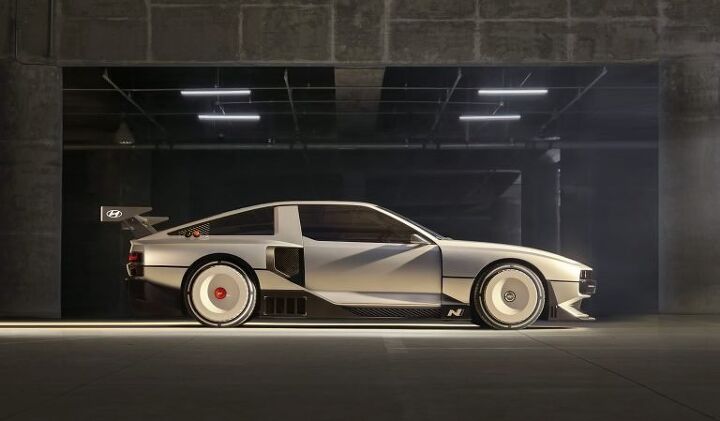
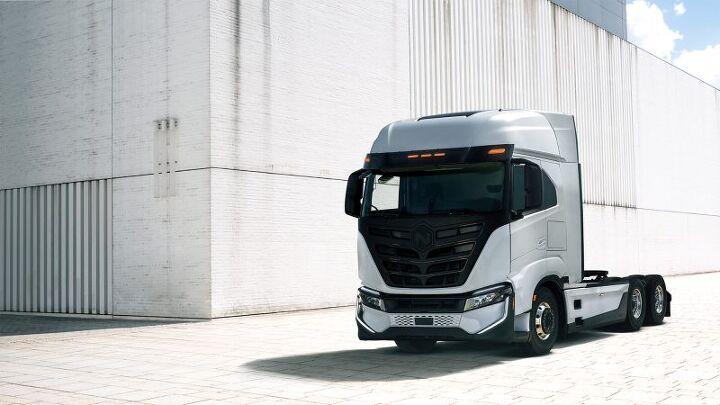
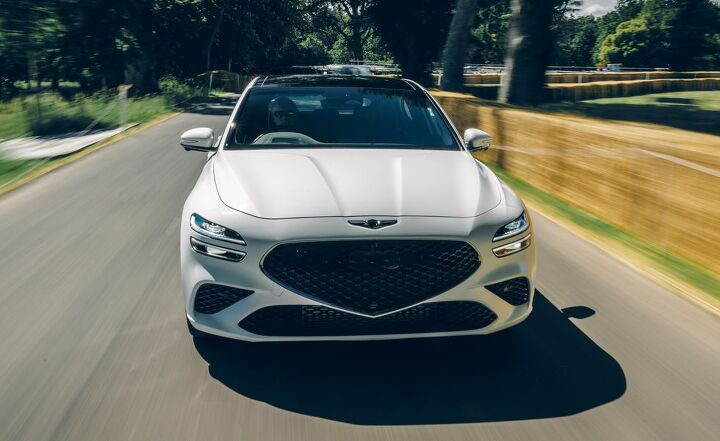



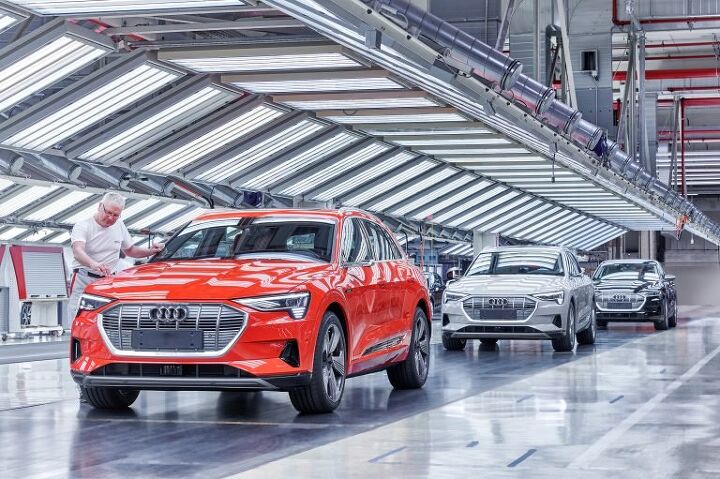

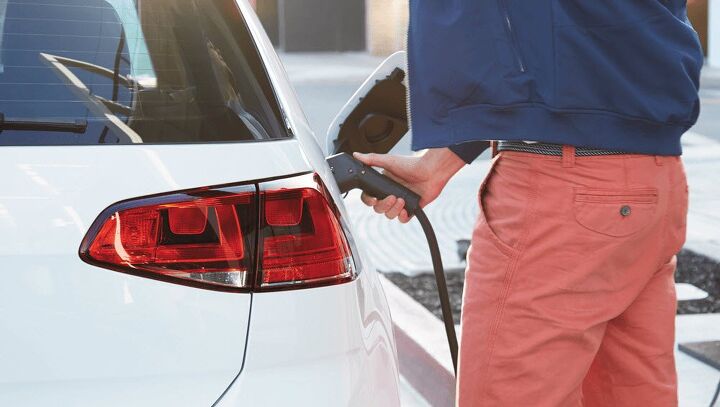
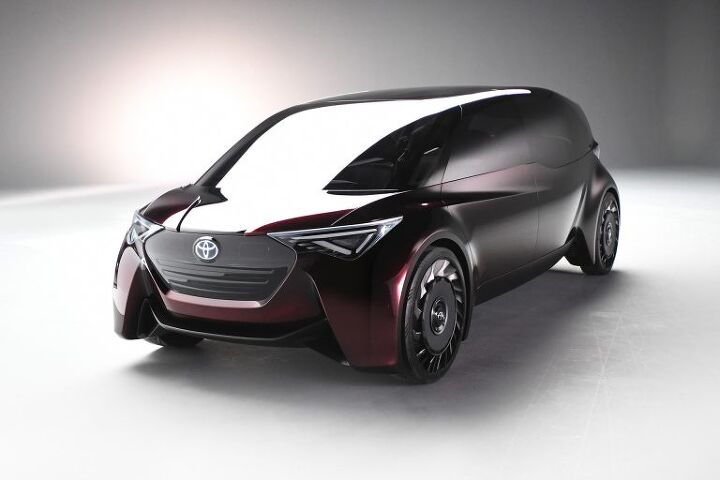
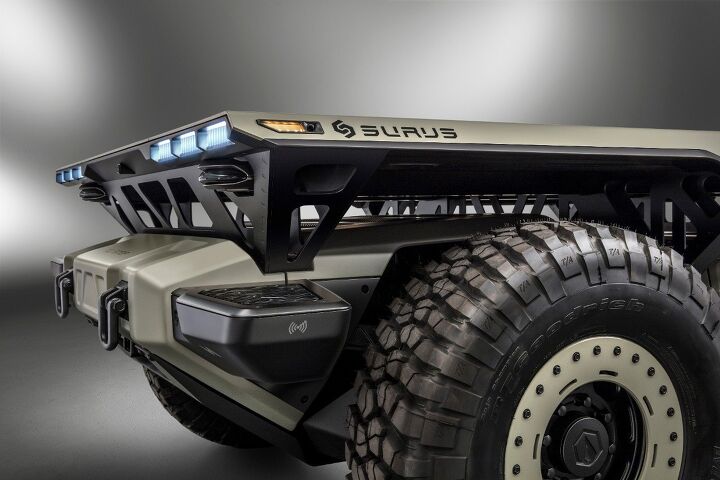
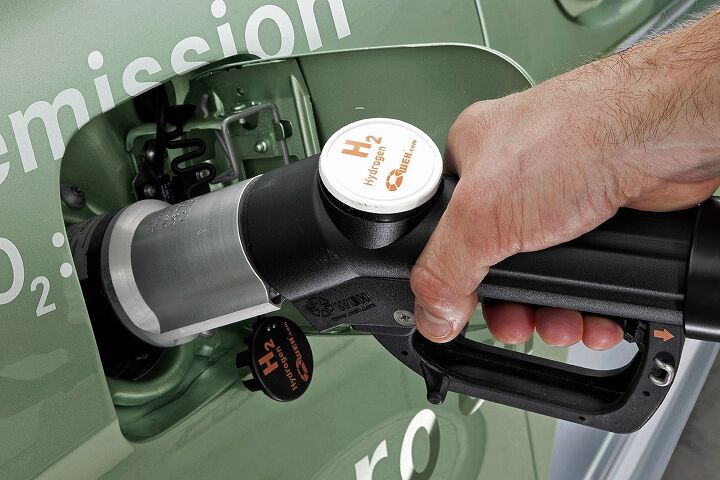












Recent Comments